Why do Blacks (African Americans) Vote Democrat?
During the heat of the 2008 presidential campaign, many of my conservative co-workers asked me why Blacks overwhelmingly voted for Democrats. If they did not have the answer, I am sure that most of you don’t either. When I made a Google inquiry, the answers were both spotty and incomplete. I am qualified to address this as an experienced (aged) African American resident of these United States, along with the fact that I am student of African American history with the ability to take that historical knowledge and discuss it within the realm of American History. It turned out that 95% of African Americans who voted in 2008 voted for Barack Obama.
But, John Kerry received 88% of the Black vote in 2004. So, Blacks have a tendency to vote Democrat regardless of all the scuttlebutt I received that blacks voted for Obama because he was black. The year 2008 was a pivotal year, when the incumbent GOP president, G.W. Bush was quite unpopular and the nation had just gone through the worse economic downturn since the Great Depression. So, with the lackluster John McCain as the GOP standard bearer, was the outcome really that startling? So when you add into it the novelty of a young and fresh face and the natural pride African Americans have in seeing one of their own attain so lofty an office, I think that I can easily explain the exceptional turnout that provided the additional 8% black support given to Obama as compared with John Kerry.
In the beginning, we have to return to the Civil War and address the record of the first Republican president, Abraham Lincoln. I am a fervent fan of this person, who I regard as America’s greatest president, and you will see that historians agree. Mr. Lincoln conferred with and took the advice of abolitionist Frederick Douglass. This was a first, the mark of a true leader, willing to learn and grow as part of the job. Lincoln was truly a progressive for his time and had the vision of a leader to recognize that slavery was inconsistent with our national creed. This is the party that led the fight against slavery and secession and, of course, earned the gratitude and trust of blacks whether formerly slave or freeman.
But, today’s GOP is not your great, great grandfather’s Republican party. One hundred and fifty years is a long time and lot can and has changed. Then, the Republicans wanted a hard line toward the South while the Democrats were interested in compromise on the issue of slavery and were advocating a negotiated settlement of the Civil War. The Republicans lost out not so much by design but by neglect, which I will discuss later. In spite of the removal of federal troops from a reconstructing south as agreed to by Republican Rutherford B. Hayes in 1877, Blacks still saw Republicans as basically in their corner. Theodore Roosevelt, another progressive GOP president, the last of the line, I should add, appointed Blacks to prominent positions within his administration and held an audience with educator Booker T. Washington, facing the ire of the South as a result. Can you believe that I had an aunt that died within the last 20 years who actually met Mr. Washington?
But now, here comes Woodrow Wilson, a Democrat, elected President in 1912 who re-segregates agencies under the Executive Branch, bringing “Jim Crow” to Washington, where it previously did not exist. When Black civil rights leaders complain to the President in regards to this, he summarily dismisses them. The Democrats were the pro-southern party that was resistant to the aspirations of the African American community. They voted to a man against federal anti-lynching bills, hiding behind states rights. How could anyone at the highest levels of government support such vigilantism against people, denying due process rights just because of their color? It makes us wonder if people who could do things like this can ever really change.
As time passed, we move well into the 20th Century and we all wanted to “Return to Normalcy” during the 1920’s. The Republicans were more and more defining themselves as a pro-business party. Well, when the bottom fall out and Wall Street laid an egg in October, 1929, the Great Depression arrived. America was looking for a leader who could show the way out, even if it meant bucking the status quo. Blacks in many areas were stuck with unemployment rates approaching 50 percent compared to 20 percent for whites. So, if whites were looking for a savior, we were looking just that much harder.
Franklin Roosevelt, while hardly a radical in the area of race relations, was the first president in many years to recognize the issue as one that needed to be addressed. However, the real hero was his wife, Eleanor Roosevelt, who was the President’s conscience, prodding him to get behind the need to address the long lingering civil rights grievances of African-Americans within American society. She did more than just talk, she risked her own and the President’s political capital from everything including requiring fair hiring for federally sponsored projects (1941) to making sure that racists were confronted and prevented from excluding Marion Anderson from singing before for a public audience in Washington, DC in 1939. She promoted giving Blacks a fair chance across various aspects of American life, which endeared her and President Roosevelt to our community. By 1936, our allegiances were starkly changing from Republican to Democrat.
Then, we meet with Harry Truman, Mr. Plain Speaking. He desegregated the Armed Forces and made it illegal through Executive Order to discriminate within the Civil Service. While this was going on, Hubert Humphrey, another friend of Blacks and a true progressive, was working to get civil rights planks placed into the Democratic party platform, a true act of courage against Dixiecrats who by 1948 realized that their ‘daddy’s’ Democratic party was in the process of change. Who thinks that we were not watching to see who it was that was standing out front for change, change that African-Americans demanded and said was long overdue? Well, it certainly wasn’t the GOP. Change was an imperative at that time, a foundation of our very existence.
As we move into the 1950’s we are confronted with Dwight Eisenhower, an amiable fellow. We were looking for leaders and candidates with ‘fire in the belly’. Eisenhower acknowledged the problem of Civil Rights and addressed it, but the momentum required more activist response. Remember, we are in the 1950’s, the modern American Civil rights movement began with Rosa Parks and the MontgomeryAlabama bus lines boycott in 1955. Pressure for change was irresistible and no one wanted to wait on the sidelines anymore. I talk to Conservatives who say how much they loved the 50’s. Well, in reality, the 1950’s was a boiling cauldron for many contentious issues that were simmering and ready to explode. The relative calm and order that Conservatives craved was not sustainable as they would soon see.
Republicans were still in opposition to the principles of the “New Deal” and concepts of minimum wage. The Democrats were fast becoming the party that at least attempted to look after the economic interests of the middle class, working class, and poor. As people who have a higher percentage in the working classes and poor, with whom are we going to identify?
While John Kennedy was slow to recognize the significance of issue, he too, learned on the job that this issue defined the meaning of being American. He recognized in the final year or two of his presidency that the status quo was not good enough and that leadership was required. We are embarrassed when American discrimination is reported to other countries as we are in the midst of the Cold War and our adversaries use this to call us hypocrites. A bit of political astuteness by the Kennedy campaign allowed it to garner a majority of African-American votes in 1960. Robert Kennedy used his influence to get Martin Luther King out of a southern jail, while Nixon, who certainly was not an adversary of Black people generally, was slow to respond during a time when action was needed.
In June, 1963, on the very day that civil rights activist Medgar Evers was murdered in Mississippi, Kennedy spoke to the nation on television about the Civil Rights crisis in an elegant way, making it clear what side he was on in regards to aspirations of African Americans. He spoke with Martin Luther King and proposed Civil Rights legislation that unfortunately had to be seen through by his successor, Lyndon Baines Johnson. Johnson surprised us all, breaking cleanly with the Dixiecrats and as a southerner calling the South to a new way. Only someone with his legislative experience and muscle could get this contentious legislation passed and the Black community remain in his debt.
For a Republican, Nixon was relatively progressive. Recognizing the structural inequity found in American society, he proposed much of the affirmative action programs which has been the ire of Conservatives. But, by the 1970’s the die was cast. The Republicans introduce the “Southern Strategy”, feeding on racial resentment to get votes from a once solid Democratic South. Surely no one believes that this mass defection at this particular time was just mere coincidence? Then we get into the 1980’s, more GOP neglect of the Willy Hortons’ and ‘ketchup is a vegetable’ sort.
Bill Clinton’s center left politics took into account African American aspirations and it was noted that economic circumstances improved a great deal for the group during his term. While others castigated him for his indiscretions, we stood by him, as one that was supportive. Have you ever been to one of their (GOP) national conventions? There are a myriad of camera tricks employed to show anyone of color anywhere within the crowd. I did not have problems seeing representation across the racial and ethnic spectrum during the Democratic National Conventions. I and many others find that much more comforting.
African-Americans, while having large swatches of the community that can be considered culturally conservative who would normally be attracted to the GOP position on social issues, do not find that in itself enough to attract them to the Republican party. Unlike many working class and poor whites, we are not going to let an abortion issue or who sleeps with who or a definition of marriage, red meat issues for whites, interfere with the primary focus of economics, jobs, opportunity etc. We have our evangelical places of worship, but politically have little if any affinity with white Christian groups, to make the point.
The bottom line being that until we can support ourselves and our families, everything else is scenery along the side of the road. If Republicans want to do better with Blacks it needs to show me and us how their unfettered free-market capitalism philosophy will lift all boats and not just the yachts. Even most of the wealthiest of us do not support the GOP, because we know that the progressives’ approach of seeing that the door of opportunity was opened was more important to success than conservative ideology and rhetoric, which never seems to hold water in reality.
I am prepared to face rebuttals for this, as this is my assessment and my opinion. So bring it on!! Thank you for your attention.

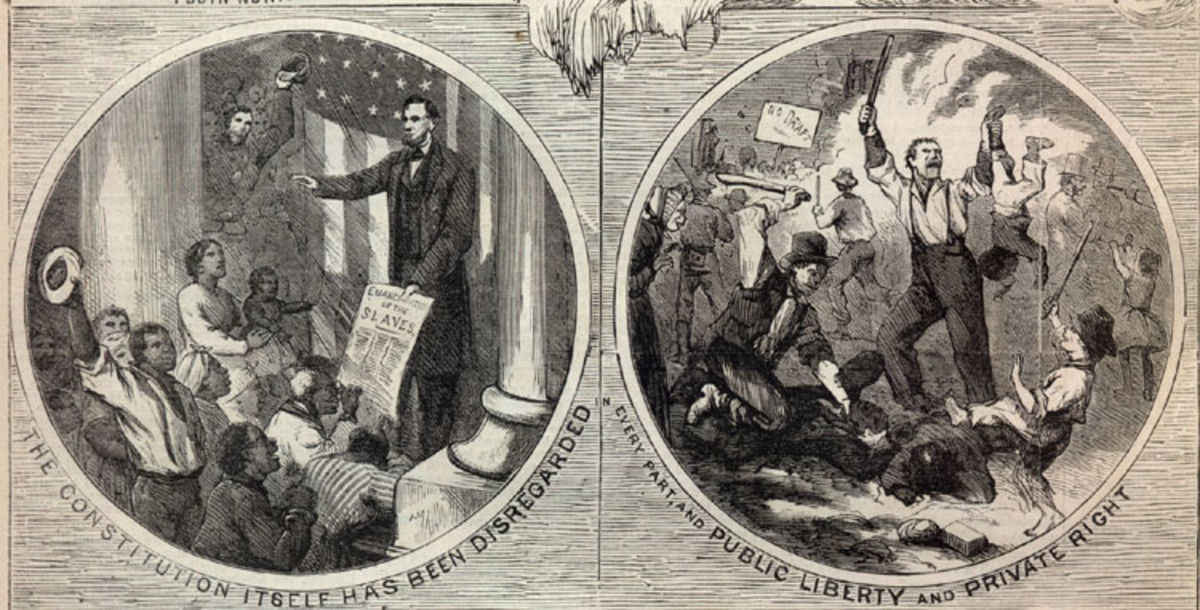
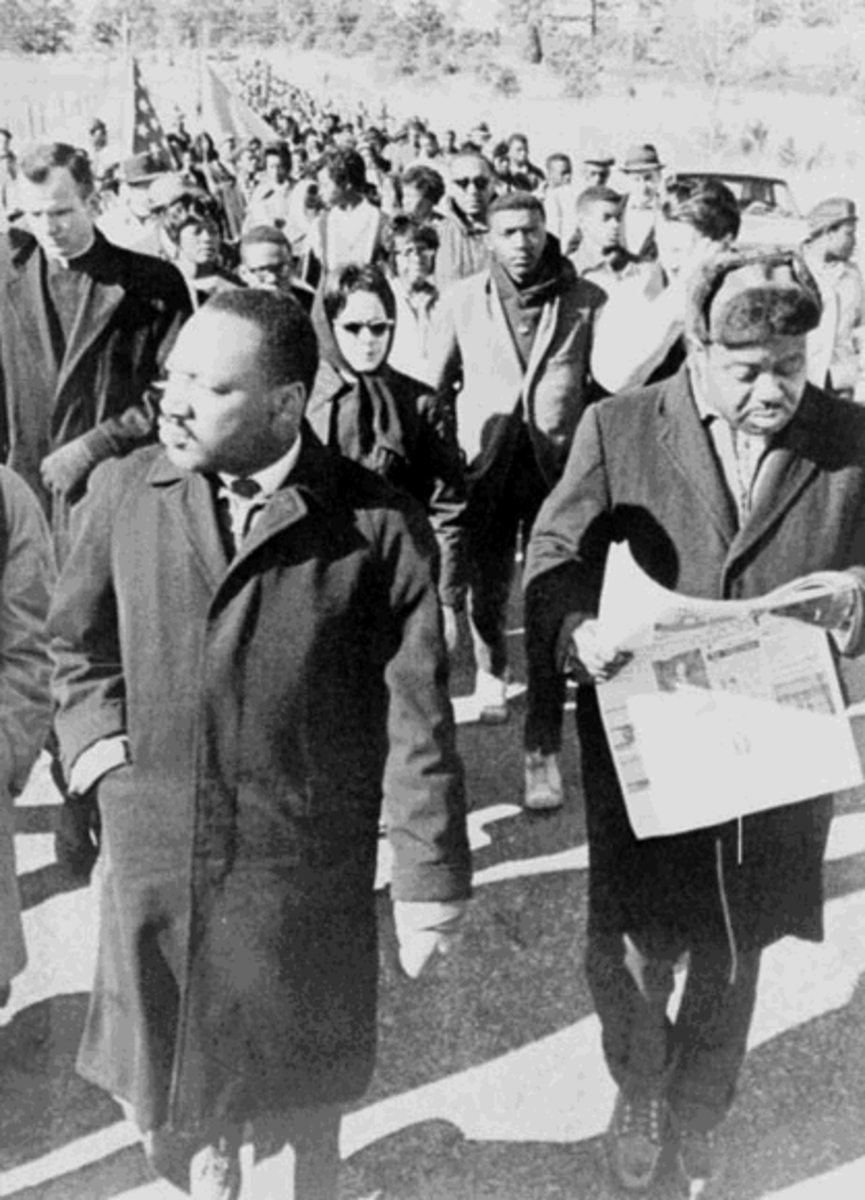

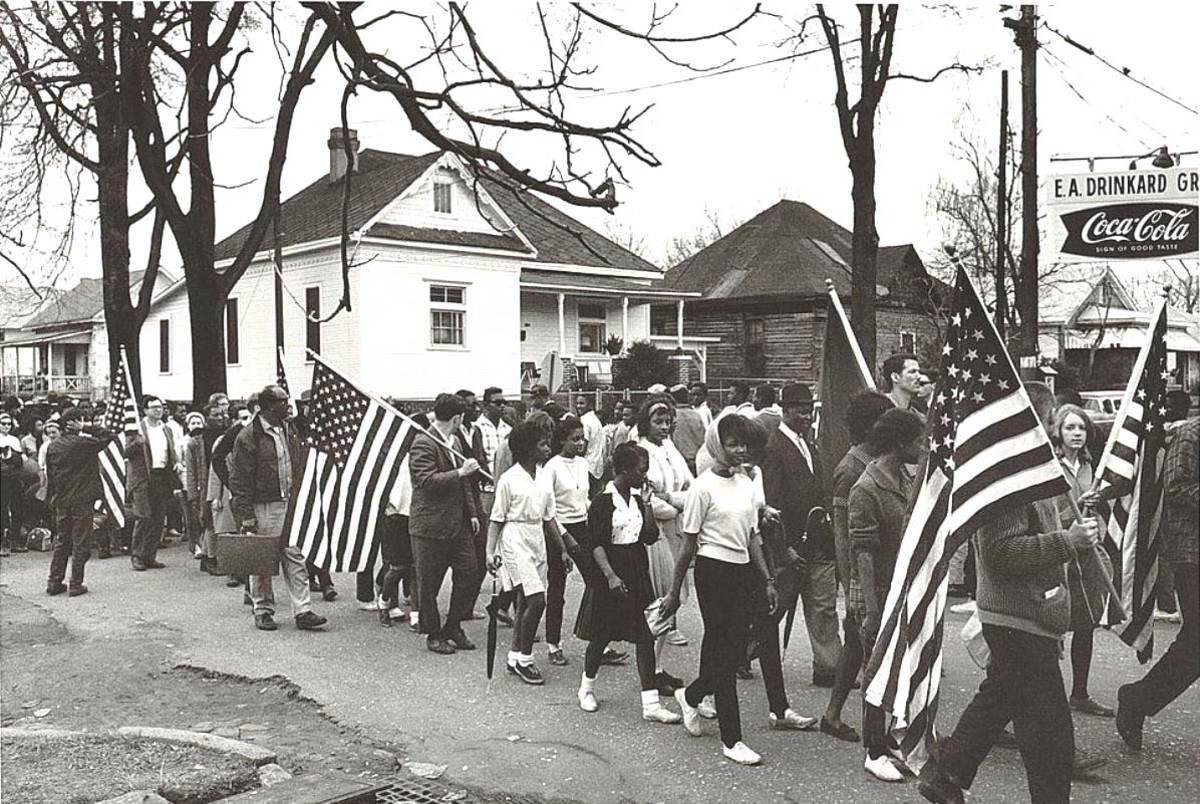
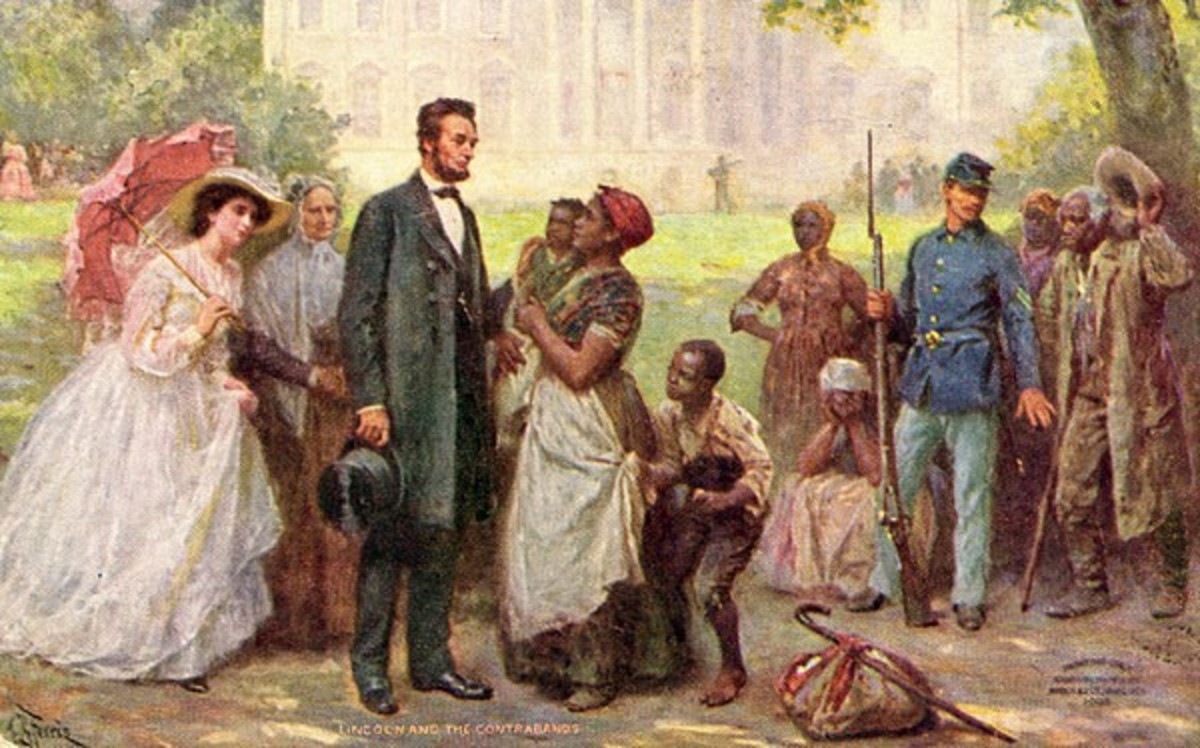
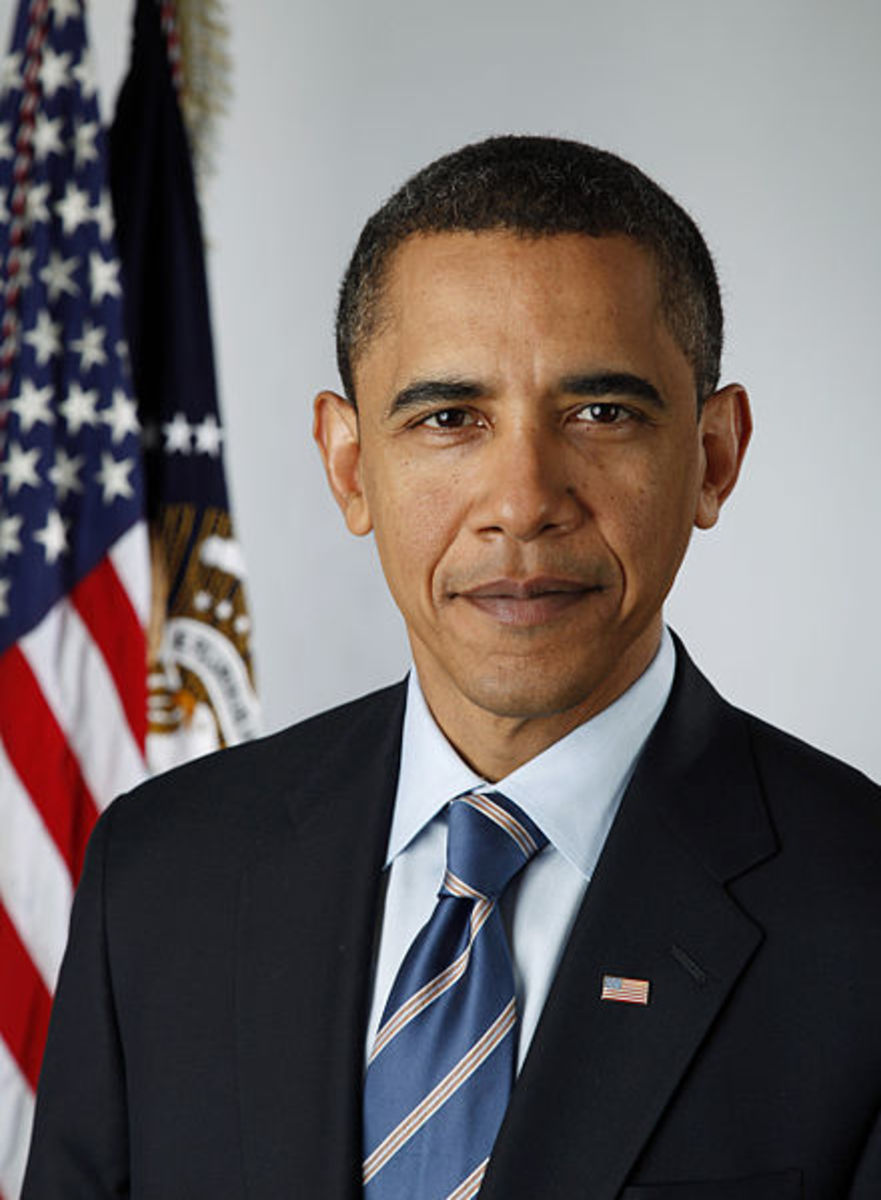
![Election 2014: A Message to The Voters [249*9]](https://usercontent2.hubstatic.com/9226753_f120.jpg)
